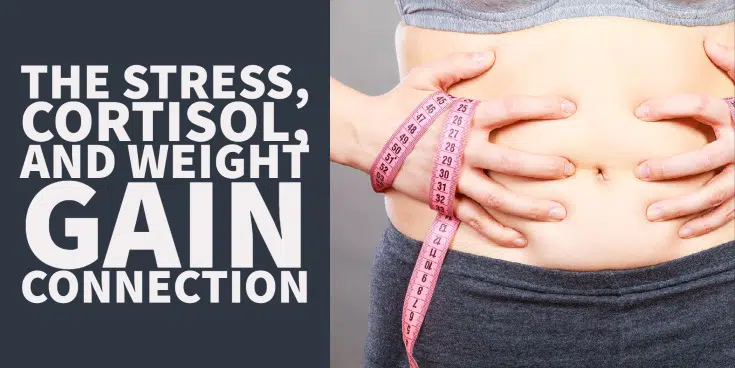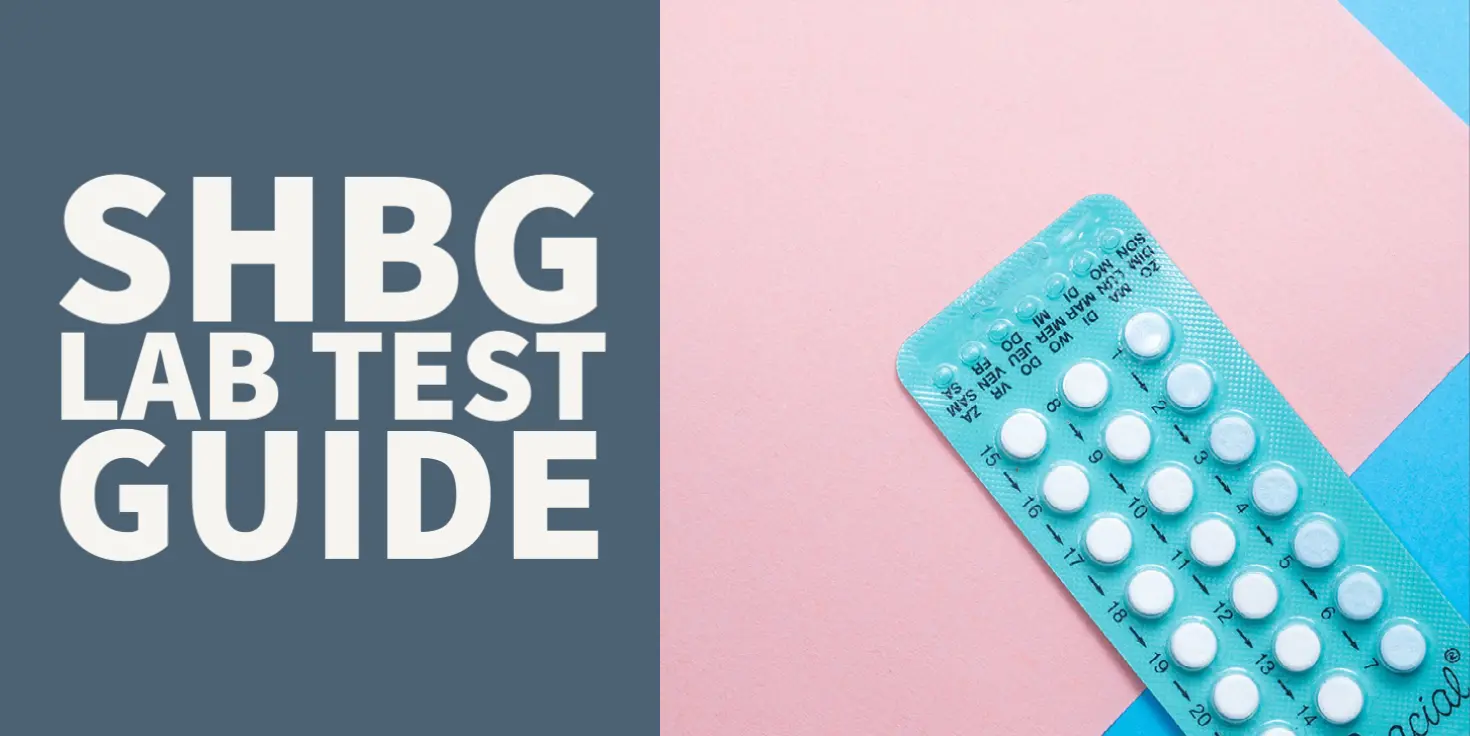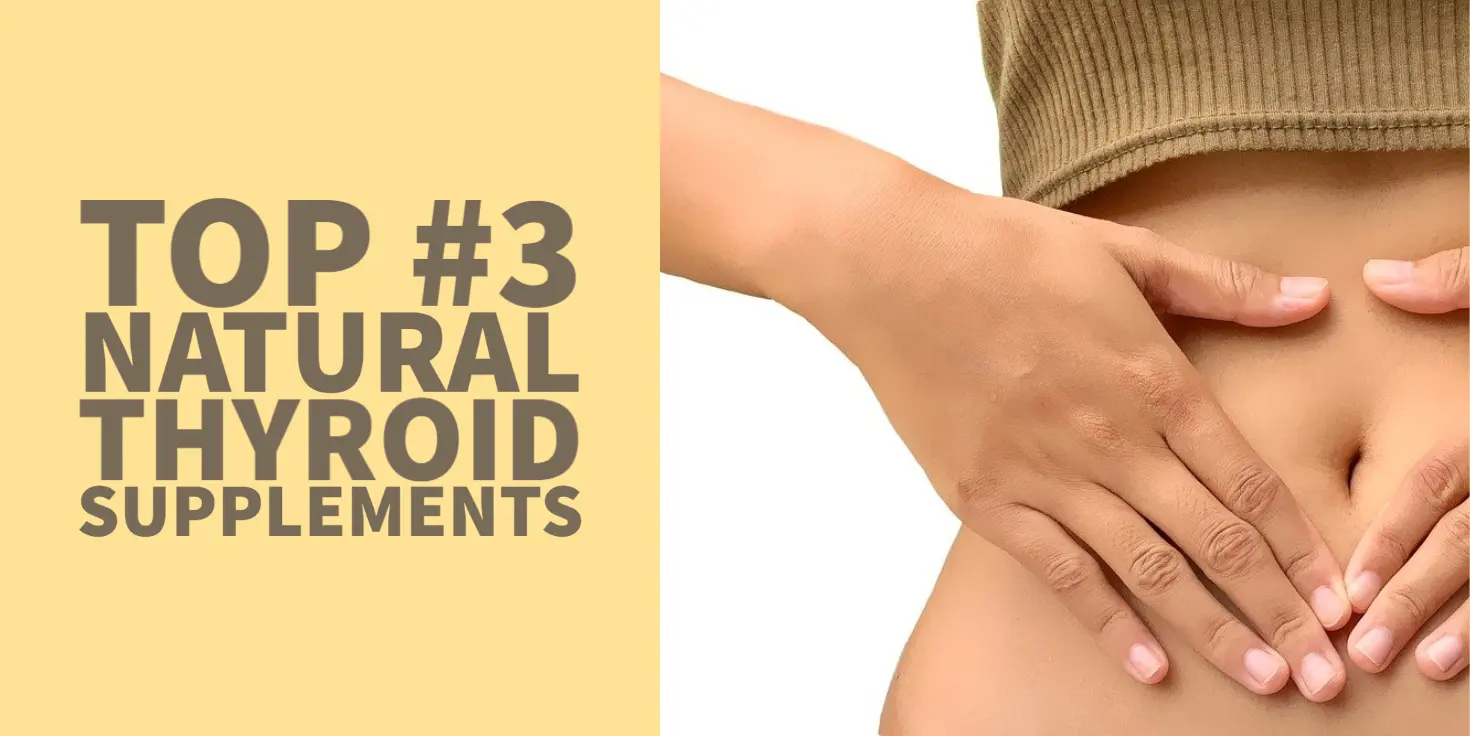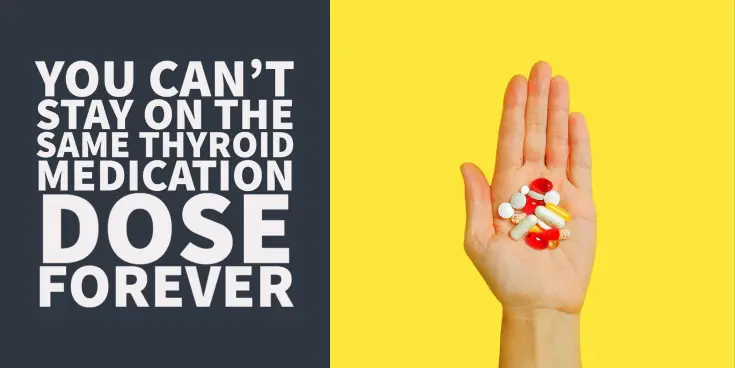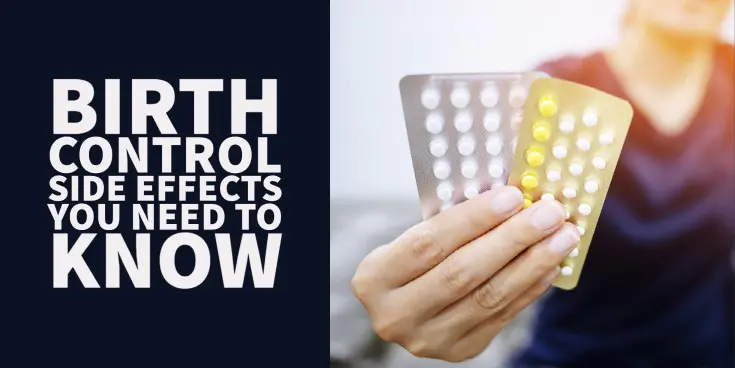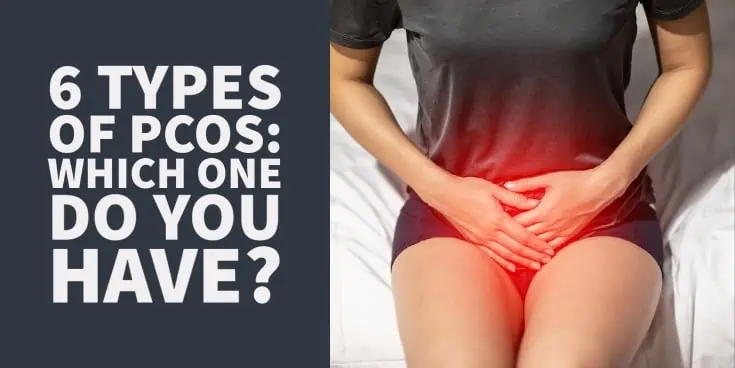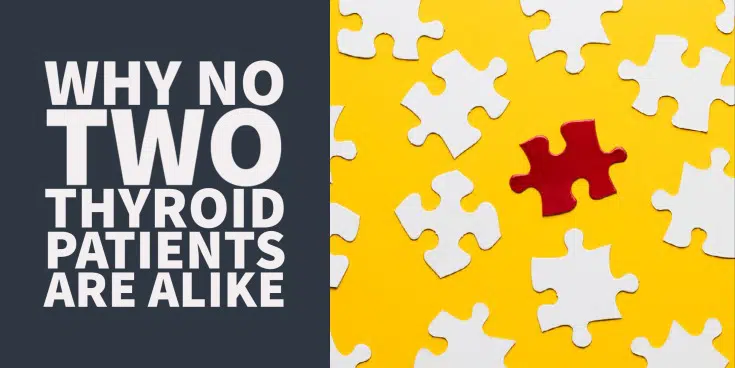The Stress, Cortisol and Weight Gain Connection (& How to Stop it)
Can too much stress increase cortisol and lead to weight gain? The answer is a definite yes. Stress influences multiple systems in the body and may lead to the dysregulation of one of the most important hormones in your body – cortisol. Learn more about the influence stress has on cortisol and other hormones in …
